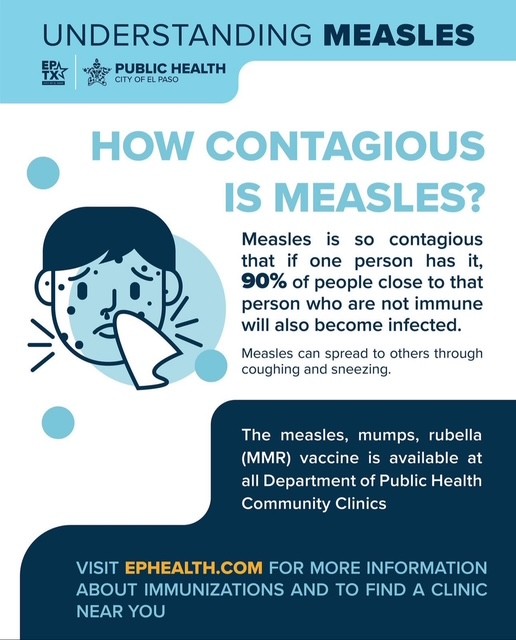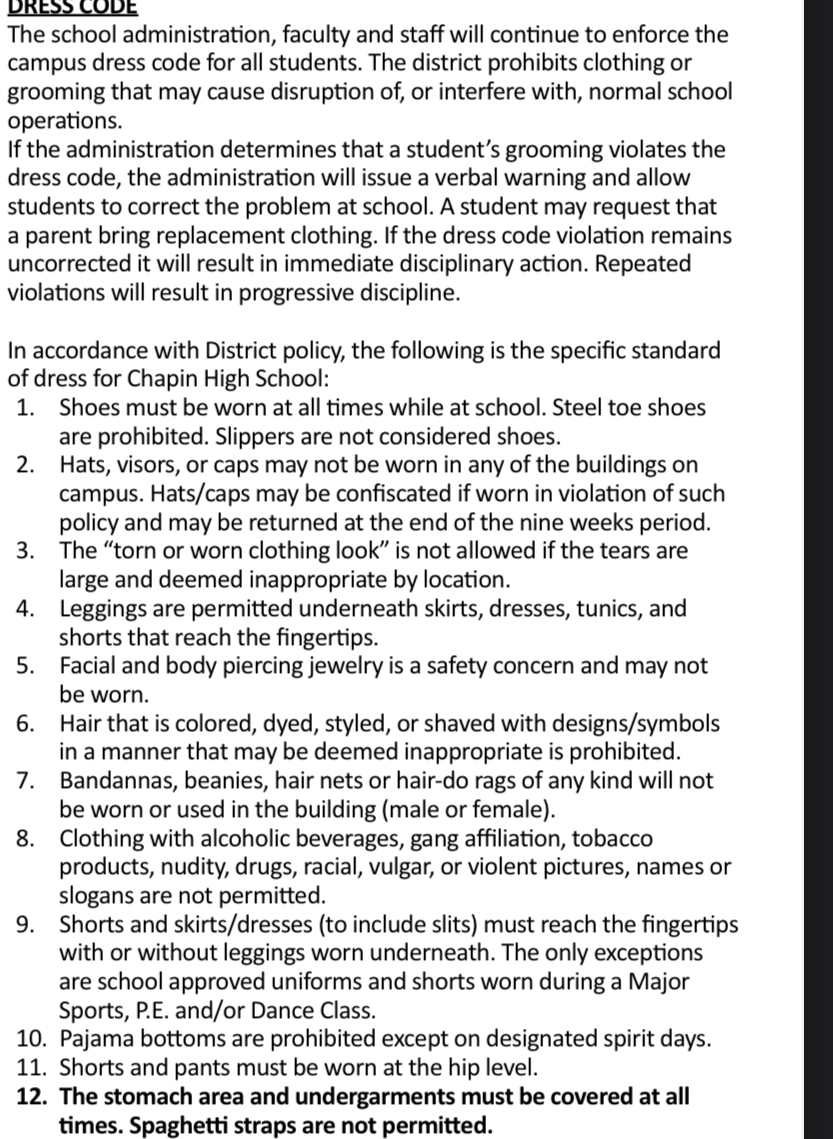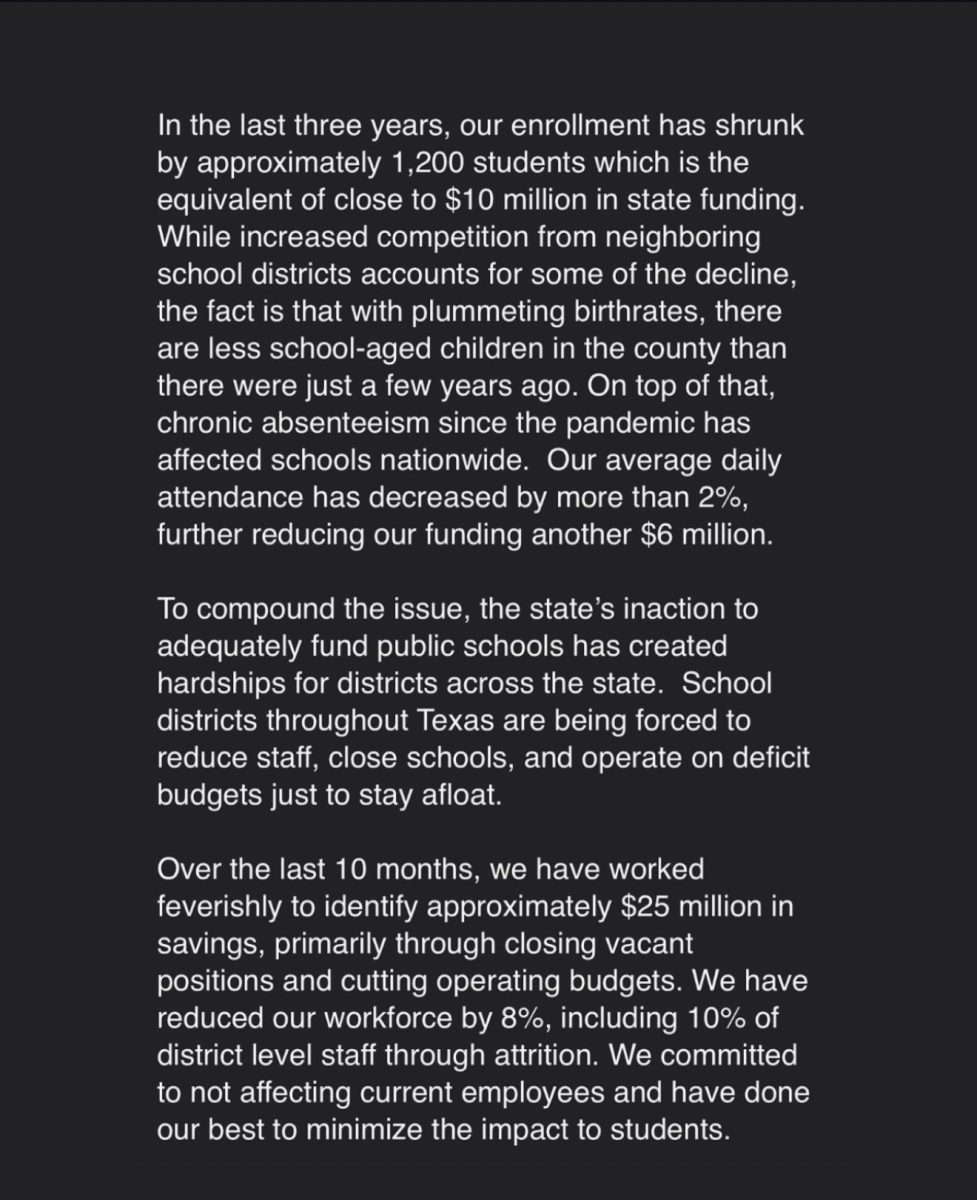Advanced Placement classes, better known as APs, are offered at nearly every high school across America. Everyone knows their appeal: they look good on college applications, and the student participating has a chance to earn college credit. Of course, they’re all taken for different reasons, and both teachers and students will have different experiences when in an AP class.
“I wanted to challenge myself,” junior Louise Paatmag said. “In the previous years, I felt like I wasn’t being challenged enough, so I decided to take a PAP class to expand that.”
Though she did not continue the AP route, the class did offer the challenge Louise was looking for.
“I take one AP class this year: AP Spanish. And I take two PAPs: Geometry and Chemistry,” sophomore Angelina Rodriguez said.
She then went on to express that she’d taken PAP classes in every core subject last school year.
“Well, I’m in the magnet program, so I have to take a certain amount of accelerated classes,” Angelina said. “But also, regular classes, they’re pretty easy.”
Once settled into a more advanced class, AP students expressed that things tend to feel a bit different.
“The overall learning environment is good,” junior Sofia Cruz said. “I do learn a lot since we’re given most of the resources we need. But as for the work, it is a lot.”
“In AP classes, you’re more expected to take on the learning yourself,” Angelina said. “So the teachers will still help you, but they explain things less thoroughly. As for the workload, sometimes it’s the same for regular classes, but sometimes there’s more assignments.”
Lousie seconded the speculation of how much effort an AP student must put into the class.
“It definitely felt like you were more involved in the class compared to your normal classes,” Louise said.
Teaching an AP class is just as different for the teacher as it is for the students taking it.
“Sometimes it’s different, sometimes it’s the same,” physics teacher Robert Rice said. “It depends on the students you have. Usually, you can give assignments that have a greater depth than regular classes.”
“I literally taught the exact same way with my notes and everything,” math teacher Chloe Vasquez said. “The only difference is, my AP class would always be one or two weeks ahead of my regular class, so I would just take more time with them.”
Teachers also observe differences in AP students versus regular students.
“They’re usually students that are involved in about everything,” Rice said. “Some of them are stretched really thin, because they’re in sports, student council, band, about everything.”
“I feel like the AP students are geared more toward the approval of their parents,” Vasquez said. “They would be more worried if I were to contact their parents, or about their parents seeing if they have a bad grade. They just care more.”
And AP testing can’t be forgotten, as it is a source of stress for some students.
“It’s just stressful because even though it doesn’t affect if you’re promoted to the next grade, you still want to pass the test,” Angelina said.
Anyone is welcome to take these advanced courses but teachers’ opinions clash on who should take AP classes.
“I really don’t think they’re necessary unless they’re geared toward what you want to do after high school,” Vasquez said. “If you know you’re going to be a math teacher, it would be good to take AP Stats, but why would you need to take AP Bio, or AP US History?”
“I would recommend AP classes for a student who really wants to take it, and is willing to put in the work,” Rice said.
And as for the question of anyone being able to find success in an AP class, the opinions differed across teachers and students as well.
“It’s definitely for a certain group of people,” Sofia said. “But it’s not for everyone.”
“No. They have to be willing to put in more effort overall,” Vasquez said.
Some had a more positive outlook on the matter.
“Yeah, I think anyone could be successful in an AP class,” Angelina said. “It’s just about doing all the assignments and trying to stay on top of your work.”
“Oh yes, of course,” Louise said. “So long as you put the effort into it.”
One teacher offered some practical advice.
“Not anyone,” Rice said. “You have to work at it. There are some students that come in and don’t try, but you have work at it. If you’re willing to work at it, you can become successful, and I really believe that.”






